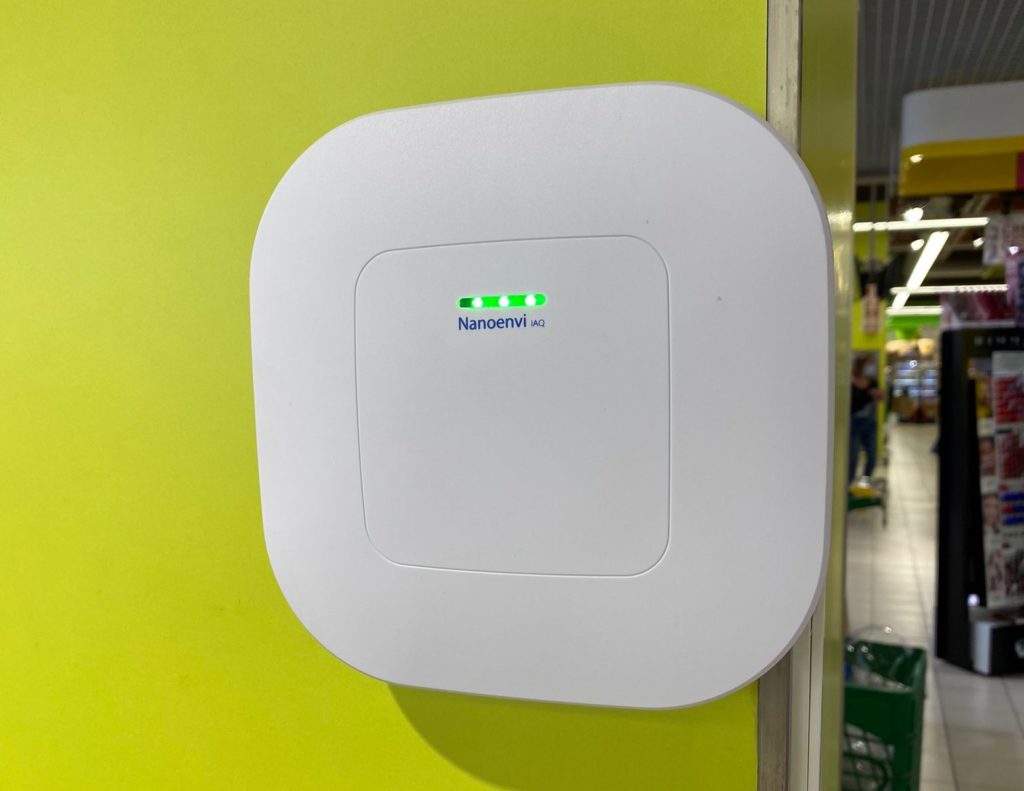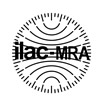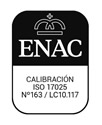DinoSol is a business group founded in 1978 that has a consolidated path in the food distribution sector in the Canary Islands. Its main mission is to offer the best customer shopping experience and ensure the well-being of the work teams through a corporate culture adjusted to its values. This is why the company has decided to secure its commitment with the installation of more than 40 Nanoenvi IAQ in some of its Hiperdino supermarkets in Tenerife, Gran Canaria, Fuerteventura, Lanzarote, and La Palma to monitor air quality, leading thus the commitment to safety and health and technological innovation.
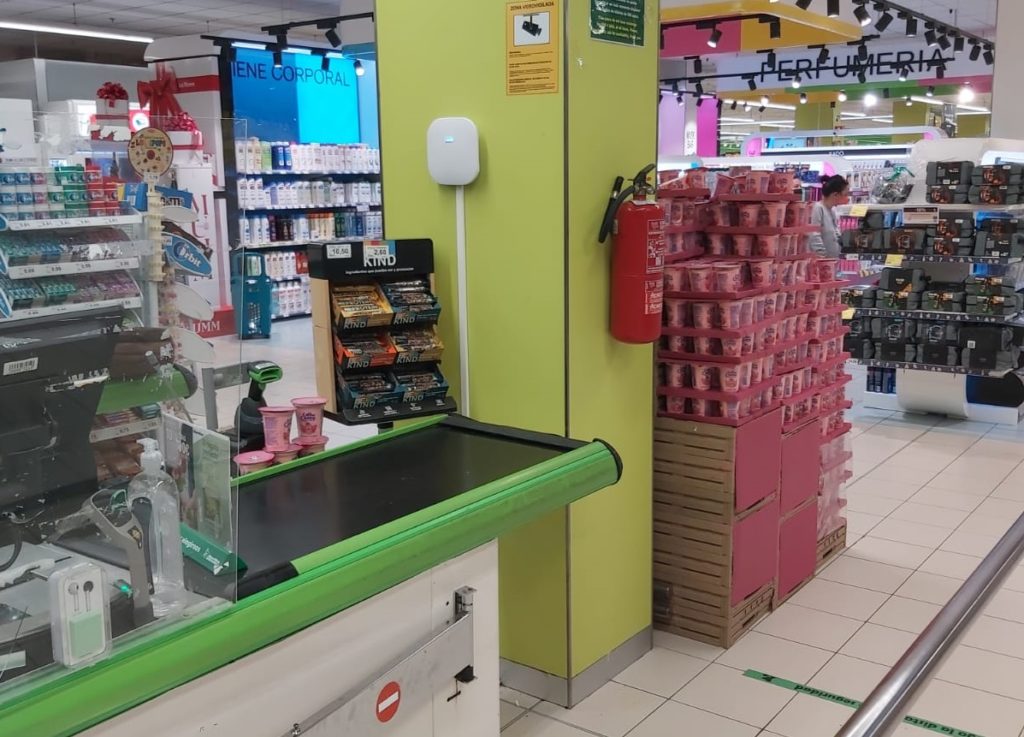
Monitoring air quality with Nanoenvi IAQ: main goals
The main goals of installing indoor air quality monitoring devices in this pilot experience are:
- Increase the safety and well-being of customers and workers.
- Guarantee correct conservation of food and products.
- Preserve the best environmental conditions to inactivate the presence of viruses such as COVID-19
- Control capacity.
- Manage the ventilation system.
- Detect the need to carry out maintenance tasks on ventilation systems, such as replacing air filters.
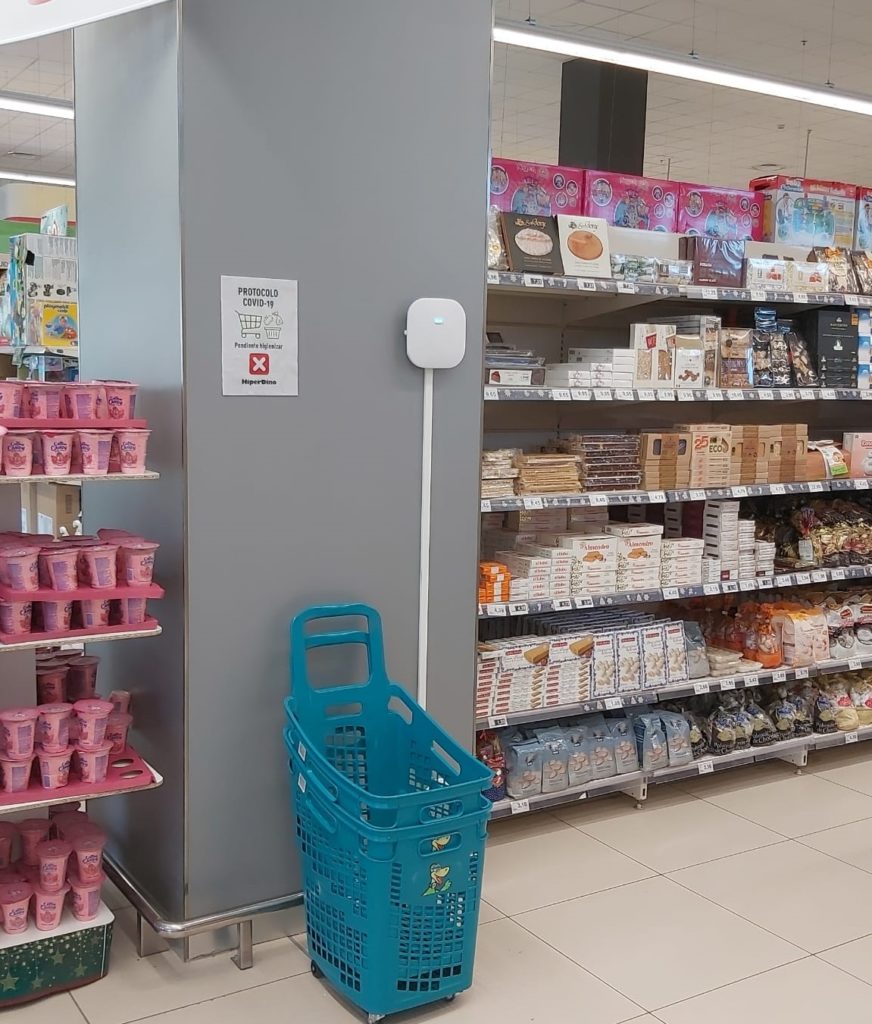
Why is it necessary to monitor air quality in a supermarket?
Several factors can affect the quality of indoor air in a supermarket:
- Construction materials, paints, and varnishes contain asbestos and formaldehyde, which are the main sources of volatile organic compounds (VOCs) and fine particles of 2.5 microns (PM2.5). These are some of the most dangerous pollutants because they can reach the depths of the respiratory system.
- Outdoor air pollutants also significantly affect indoor air quality, especially PM particles that are generated due to construction activities, vehicle emissions, etc.
- Air conditioning units and freezer areas increase humidity levels, a factor that leads to high concentrations of these pollutants.
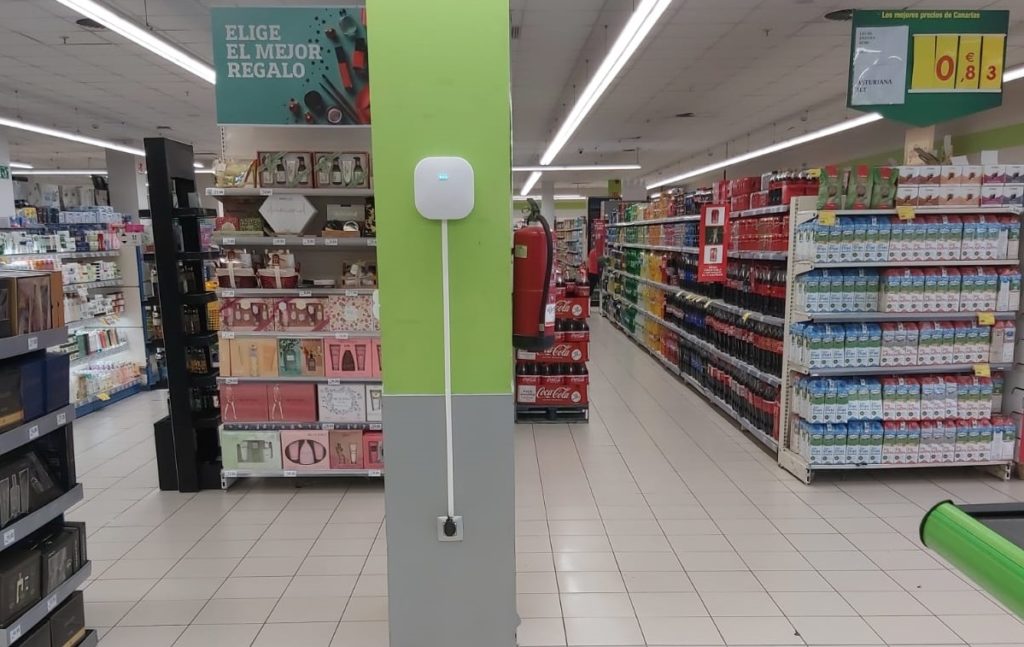
Comprehensive management of environmental conditions in supermarkets
The managers of the different Hiperdino supermarkets will be able to manage and analyze air quality information at a glance with access to trends and advanced analysis thanks to the data platform.
The Nanoenvi dashboard provides a quick and easy solution to view, compare and export data to manage air quality. It summarizes the data collected by each of the sensors and shows graphs of their levels. In addition, it also calculates the COVID-19 risk index, the air quality index (AQI), and the thermal comfort index (TC).
This tool transforms information into knowledge so that facility managers can make the best decisions. Thanks to it they will be able to:
- Monitor the multiple devices installed in supermarkets and receive alerts when air quality needs improvement.
- Analyze data in real-time and in historical time, compare sampling points and add and remove devices.
- Identify the potential to improve the ventilation rate and energy efficiency.
- Control capacity based on CO2 levels.
- Maintain the temperature and humidity levels at the recommended values (17ºC-23ºC and 40%-60% respectively) to guarantee the best shopping experience and food preservation.
